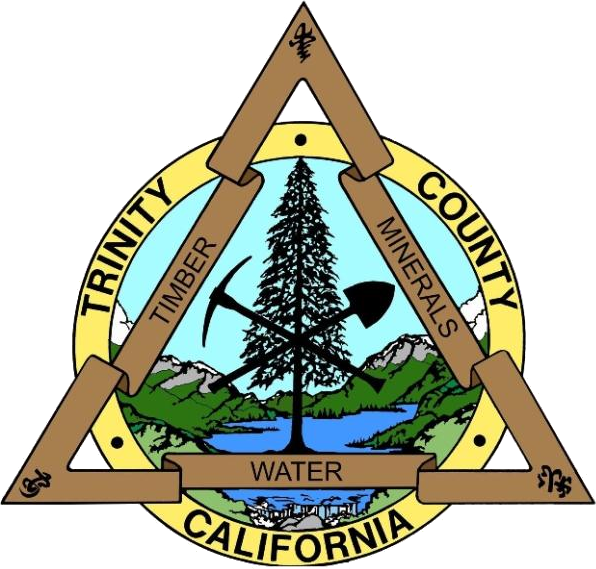Trinity County Grand Jury, P.O. BOX 2308, Weaverville, CA 96093
Instructions for Complaint Form
Grand Jury Reports and Responses
Information about the Grand Jury
In California, the grand jury system consists of 58 separate grand juries—one in each county—that are convened on an annual basis by the Superior Court to carry out these functions:
1. Investigating and reporting on the operations of local government (which is known as the “watchdog “ function a civil, rather than criminal function),
2. Investigating allegations of a public official’s corrupt or willful misconduct in office, and when warranted, filing an “accusation” against that official to remove him or her from office. The accusation process is considered to be “quasi-criminal” in nature.
With regard to its watchdog authority, the grand jury is well suited to the effective investigation of local governments because it is an independent body, operationally separate from the entities and officials it investigates. It conducts its investigations under the auspices of the Superior Court and has broad access to public officials, employees, records and information.
The grand jury’s fact-finding efforts result in written reports which contain specific recommendations aimed at identifying problems and offering recommendations for improving government operations and enhancing responsiveness. In this way, the grand jury acts as a representative of county residents in promoting government accountability.
Grand juries have existed in this state since the adoption of California’s original Constitution in 1849-50. Section 23 of Article 1 of the state Constitution requires that a grand jury “be drawn and summoned at least once a year in each county.”
As a truly independent body, each grand jury is free to choose which local governmental entities or public officials to investigate. Ideas for investigations generally come by way of:
- citizen complaints
- matters raised by the members of the grand jury
- referrals from the preceding grand jury.
During its investigations, the grand jury acts as a finder of fact. In addition to determining if the official or entity under investigation is adhering to the laws that govern the operations of that entity, the jury analyzes whether the entity is operating in a business-like manner and providing public services effectively and economically.
While it has no authority to order or otherwise compel compliance with its recommendations, it is through its reports that the grand jury wields its power. Those reports are influential because they attract the attention of the media, and subsequently, the voting constituencies of the investigated officials. The resulting public pressure often prompts the implementation of the recommended changes.
The Penal Code also requires the Grand Jury to:
- inquire into the condition and management of the public prisons within the County
- investigate and report on the operations, accounts and records of county and other local public agencies, officers, departments or functions
- inquire into the willful or corrupt misconduct in office of public officers, and,
- submit a final report of its Findings and Recommendations no later than the end of its term to the Presiding Judge of the Superior Court.
The local governmental entity to which a report is directed is required to answer both the Findings and Recommendations in writing and within a specified period of time after the issuance of the final report (60 days for officials or agency heads; 90 days for governing bodies). The juries follow up on entity responses to be sure they are in compliance with the law.
The jury is composed of civic-minded citizens who have chosen to give back to their communities by collaborating with a diverse group of other persons over a one-year period to evaluate the operations of local governmental entities and the conduct of public officials, and to develop practical recommendations for improving government operations. Grand jurors are agents of change in their communities. They come from all walks of life. They bring with them a broad range of interests, talents and life experiences, but they share a dedication to democratic ideals and a willingness to devote their time and energies to matters of civic importance.
All qualified persons are encouraged and welcome to apply for grand jury service. No particular background, training or experience is necessary to be a grand juror. In fact, it is the diversity of its members that is one of the grand jury’s greatest strengths.
If you are interested in being a member of the Civil Grand Jury, please call Administration at 530-623-1369 or email Jury Services and ask to have your name placed in the Grand Jury pool.
